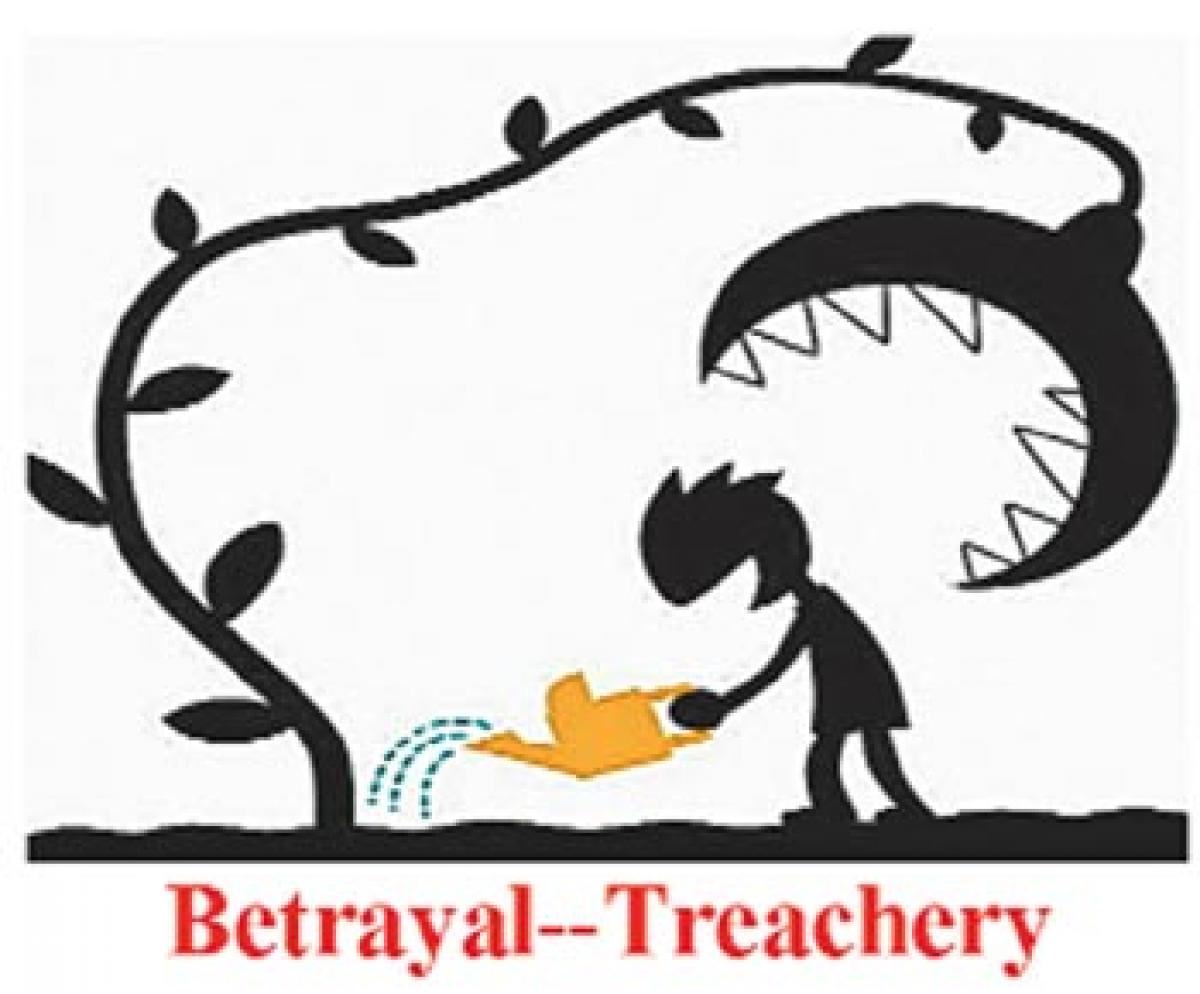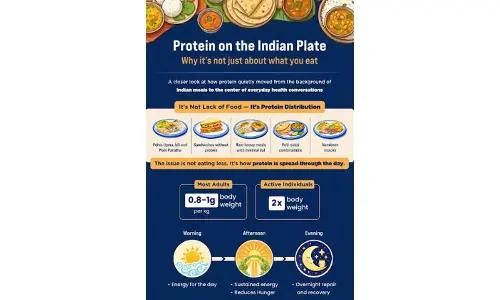Whys & Wherefores

The word betray is a verb which means expose one\'s country, a group, or a person to danger by faithlessly giving information to an enemy. It can also be unintentionally reveal; be evidence of. The noun form for betray is betrayal. We may say He was offered money to betray his colleagues or For years they had been betraying state secrets to their neighboring country.
Sir, Please explain the difference between 'betrayal' and 'treachery' with examples. How can we answer reading comprehension questions in very less time?
The word 'betray' is a verb which means 'expose one's country, a group, or a person to danger by faithlessly giving information to an enemy. It can also be 'unintentionally reveal; be evidence of'. The noun form for 'betray' is 'betrayal'. We may say 'He was offered money to betray his colleagues' or 'For years they had been betraying state secrets to their neighboring country'.
The word 'treacherous' is an adjective which means traitorous, disloyal, faithless, false-hearted or deceitful. We may say 'He was weak, cowardly and treacherous' or 'The ice on the roads made driving conditions treacherous'. The noun form of 'treacherous' is 'treachery'.
Treachery is a synonym of betrayal.
As nouns the difference between treachery and betrayal is that treachery is deliberate, often calculated, disregard for trust or faith while betrayal is the act of betraying. There is one more word 'Treason' which is a criminal offense of disloyalty to the Crown or the King. Treachery is a character defect, associated with unreliability and violence. Betrayal is the act of breaking a promise or a duty of loyalty.
Here are the tips for reading comprehension. Tests may ask students to interpret information in a particular passage. No matter what the question, the key is to know what the passage actually says. Firstly, put aside your worries and distractions. Get ready to get down to business! Don't rely too much on prior knowledge.
Although you may know about the subject, the information that is presented will be the source from which your answer should come. Secondly, read the questions first. Why should we read the questions before the passage? Because it saves time to know what we are reading for! Make sure you understand the questions.
What kind of information will you need to gather when you read? Will you be looking for facts? Or will you be using the passage to come up with your own answer? Read the passage as quickly as you can. Look for the answer as you read. When you find it, take notice of it, but don't stop reading yet! Read to the end. That way you can be sure that your answer is the best, most complete answer possible.
If you are reading the passage in order to provide a written response, read more carefully. Make sure you understand everything. Feel free to look back at the passage to double-check your answer. If you didn't find the answer, try again. Reread the question and the passage. Be sure you know what you are being asked to think about, before you reread.











